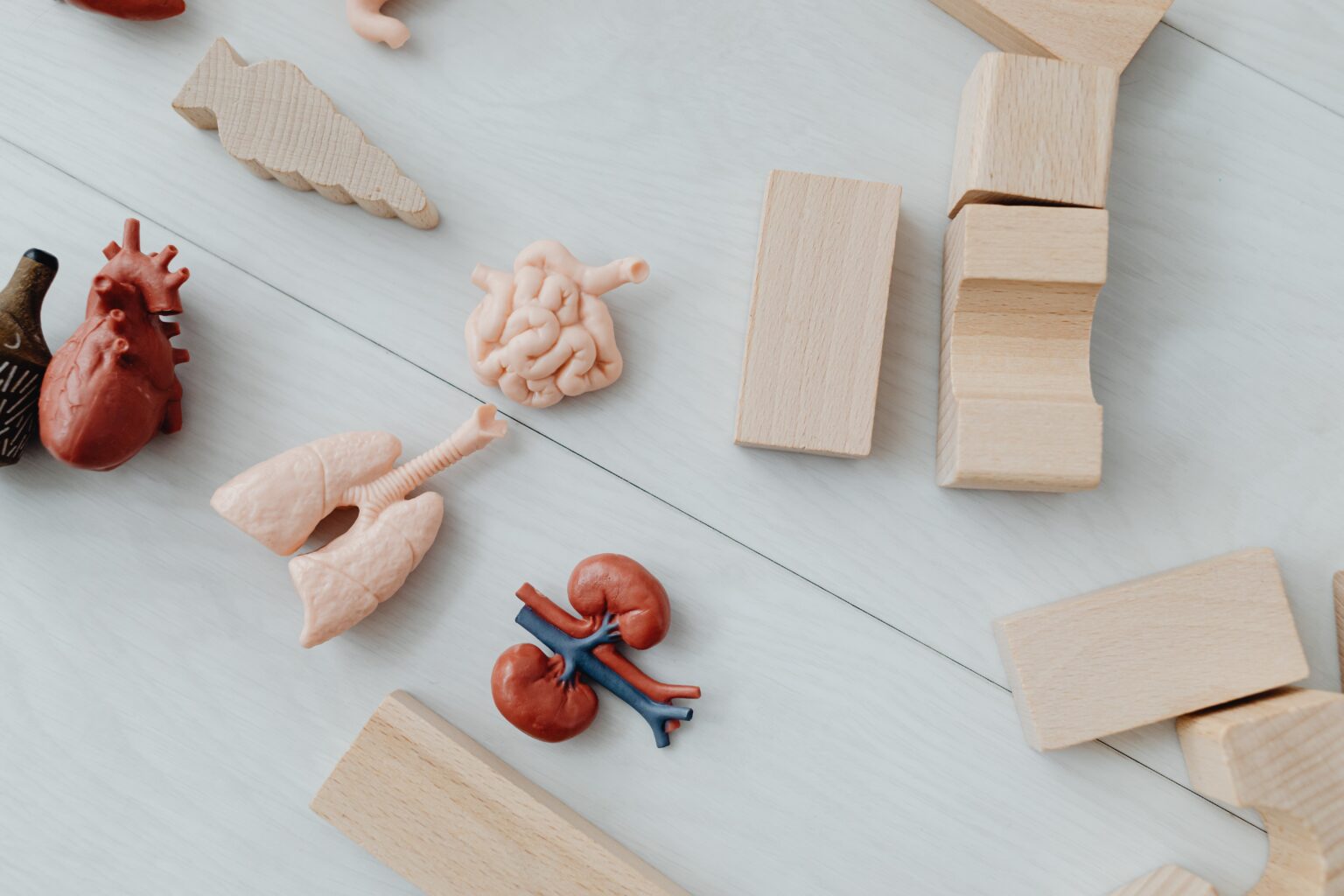Introduction
Organ donation is a selfless act that has the power to save lives and improve the quality of life for countless individuals. It involves the transplantation of healthy organs or tissues from one person, known as the donor, to another person in need, known as the recipient. Despite the critical need for organ donations worldwide, there remains a significant shortage of available organs.
This article aims to promote awareness about the importance of organ donation and highlight its profound impact on saving lives.
The Need for Organ Donations
The demand for organ transplants far exceeds the supply, resulting in a global organ shortage crisis. According to the World Health Organization (WHO), thousands of people die each year due to the unavailability of suitable organs for transplantation. In the United States alone, over 100,000 individuals are currently on the waiting list for organ transplants. Sadly, many of them will never receive the life-saving organs they desperately need.
Importance of Organ Donation
Organ donation plays a vital role in addressing this crisis and providing hope to those awaiting transplants. By donating organs, individuals can give others a second chance at life. Organs such as the heart, liver, kidneys, lungs, and pancreas can be transplanted to replace failing organs in recipients, significantly improving their health and extending their lifespan.
Moreover, organ donation not only saves lives but also enhances the quality of life for recipients. For instance, a kidney transplant can free a person from the burdensome routine of dialysis, allowing them to lead a more normal and fulfilling life. Similarly, a heart transplant can restore vitality and enable recipients to engage in activities they were previously unable to enjoy.
Addressing Myths and Misconceptions
Despite the clear benefits of organ donation, several myths and misconceptions persist, leading to hesitancy among potential donors. One common misconception is the fear that doctors may not work as hard to save a patient’s life if they are aware of their intention to donate organs. However, it is crucial to understand that medical professionals have a legal and ethical duty to prioritize saving lives above all else.
Another myth is the belief that organ donation is against certain religious or cultural beliefs. In reality, many major religions support and encourage organ donation as an act of compassion and saving lives. It is essential to educate individuals about the compatibility of organ donation with various faiths and cultures to dispel these misconceptions.
Promoting Awareness and Encouraging Donation
To promote awareness about organ donation, it is vital to engage in comprehensive public education campaigns. These campaigns should focus on dispelling myths, providing accurate information, and highlighting success stories of organ transplant recipients. Utilizing various platforms such as social media, television, radio, and community events can help reach a broader audience.
Collaboration between healthcare organizations, government agencies, and non-profit organizations is also crucial in promoting organ donation. By working together, these entities can develop strategies to increase donor registration rates, streamline the organ allocation process, and provide support to both donors and recipients.
Furthermore, incorporating organ donation education into school curricula can help instill the importance of this life-saving act from an early age. By teaching young people about organ donation, we can create a future generation that values and actively participates in this noble cause.
Conclusion
Organ donation has the power to save lives and improve the quality of life for countless individuals. By promoting awareness about the importance of organ donation and addressing misconceptions, we can encourage more people to become donors. Through comprehensive public education campaigns, collaboration between organizations, and integrating organ donation education into school curricula, we can make significant strides in alleviating the global organ shortage crisis. Together, let us embrace the selfless act of organ donation and make a profound impact on saving lives.

